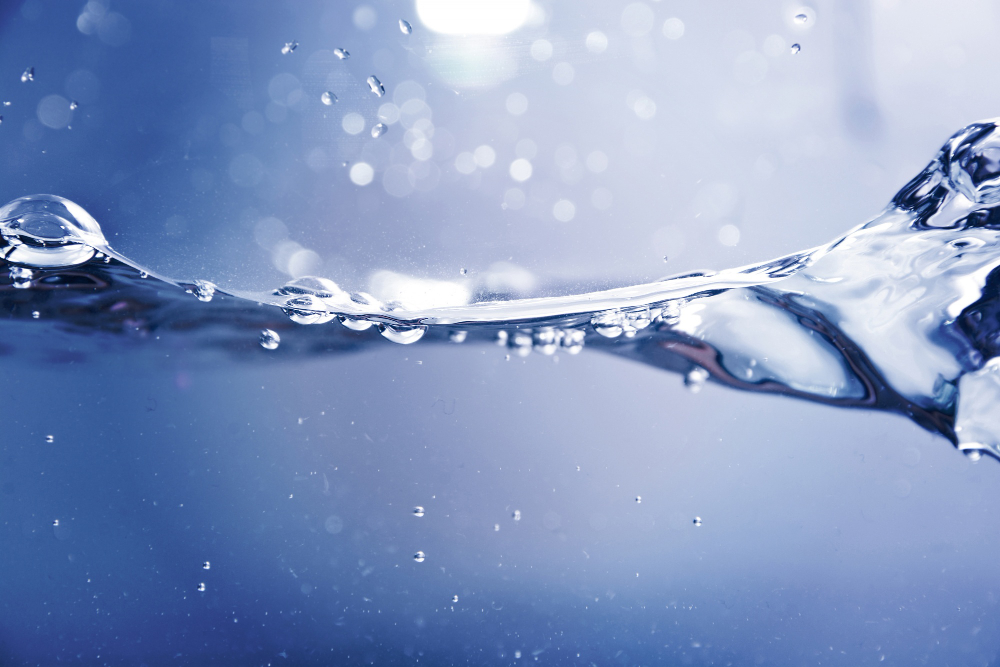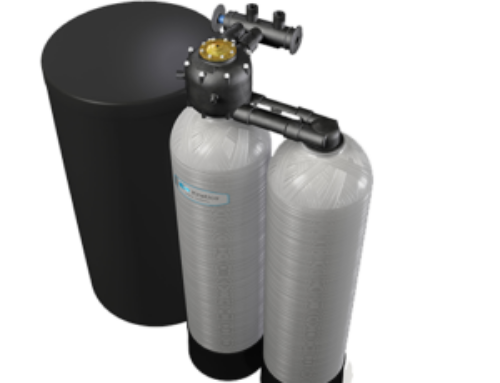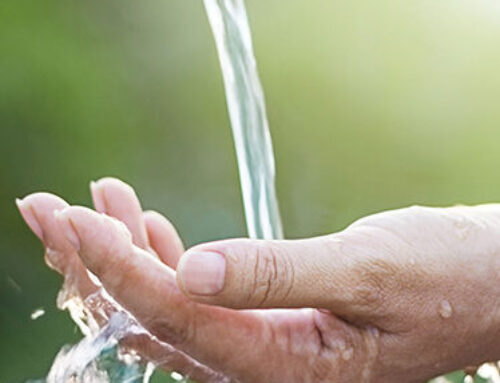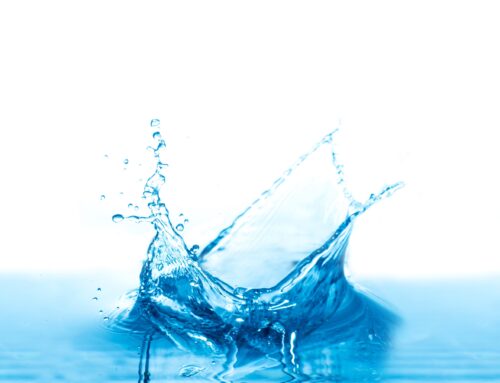Huntsville, a busy city in Alabama, is famous for its growing industries. While this brings jobs and prosperity, it also raises an important question: How does this impact the water we depend on? It’s important to understand how industries and water quality are connected for a healthy, sustainable future. Let’s look into how industries influence the quality of water in Huntsville. We’ll explore the effects and what can be done to keep the water clean while still thriving in development.
Sedimentation and Runoff
Industrial operations often disturb the natural landscape, leading to increased sedimentation in water bodies. Rainwater runoff carries pollutants like soil particles and chemicals into nearby rivers and streams. This increased flow of sediments can disrupt aquatic ecosystems and slow down water filtration processes.
Chemical Contamination
Factories use many different chemicals for their work. If these chemicals aren’t stored or thrown away the right way, they can end up polluting the water. Harmful substances like heavy metals, solvents, and pesticides can leak into the ground and make the water unsafe to use. This is a serious problem for the quality of the water.
Nutrient Pollution
Excessive nutrient levels, particularly nitrogen and phosphorus, can result from industrial activities. These nutrients, when discharged into water bodies, lead to a phenomenon known as eutrophication. This causes rapid algae growth, depleting oxygen levels, and harming aquatic life. Proper water filtration in Huntsville is essential to reduce this issue.
Temperature Changes
Industrial processes often involve the release of heated water into natural water bodies. This alters the temperature of the receiving water, affecting its overall ecosystem. Sudden temperature changes can stress aquatic organisms and disrupt their life cycles. It impacts the delicate balance of the ecosystem.
Microbial Contamination
Poor waste management practices in factories can release harmful microorganisms into the water sources. Bacteria, viruses, and other pathogens can contaminate the water. It becomes a significant risk to public health. Efficient water filtration systems in Huntsville play a crucial role in stopping the spread of waterborne diseases.
Point Source Pollution
Certain industries have direct discharge points into water bodies. This ‘point source pollution’ introduces pollutants directly into the ecosystem, bypassing natural filtration processes. Monitoring and regulating these discharge points is crucial to maintaining water quality standards.
Erosion and Habitat Loss
The construction and expansion of industrial facilities often lead to increased erosion and habitat destruction. This not only contributes to sedimentation but also disrupts the natural balance of aquatic ecosystems. Preserving natural habitats and implementing erosion control measures are vital for safeguarding water quality.
Depletion of Water Resources
Industrial processes often requires substantial amounts of water. The excessive withdrawal of water for industrial use can deplete local water resources. It potentially lowers water levels in rivers, lakes, and aquifers. Reduced water flow can impact the dilution and dispersion of pollutants, concentrating contaminants in smaller volumes of water.
Groundwater Contamination
Industrial activities can lead to the release of hazardous chemicals into the ground, which may then seep into groundwater reserves. Contaminated groundwater affects drinking water sources. It can also end up in surface waters, making the water quality problems even worse.
Increased Water Demand
The growth of industries in Huntsville can lead to a higher demand for water resources. This increased demand can strain water supply systems and potentially lead to over-extraction. It results in water scarcity and reduced dilution capacity for pollutants.
Acidification
Certain industrial processes release acidic pollutants into the air. These pollutants eventually find their way into water bodies through precipitation. This acidification can harm aquatic life, particularly organisms with calcium-based shells or skeletons. It’s vital to monitor and control industrial emissions to mitigate this impact.
Altered Flow Regimes
Industrial activities can alter natural flow patterns in rivers and streams through dam construction, water diversions, and other interventions. These changes can disrupt the habitats of aquatic organisms and alter sediment transport, affecting overall water quality.
Climate Change Interactions
Industrial activities can contribute to climate change through greenhouse gas emissions. In turn, climate change can increase water quality issues by altering temperature regimes, precipitation patterns, and sea levels. Addressing both industrial emissions and adapting to climate change is essential for long-term water quality preservation.
Emergence of Emerging Contaminants
Industrial processes can introduce emerging contaminants like pharmaceuticals, personal care products, and microplastics into water sources. These substances may not be effectively removed by conventional water treatment methods. These pose potential risks to both aquatic life and human health.
Aon Water Technology is your trusted source for top-notch solutions for water filtration in Huntsville. We are dedicated to providing you with the purest and cleanest water for your home. We effectively remove contaminants and harmful microorganisms from your tap water with our advanced Kinetico water filtration systems. We ensure safe and high-quality drinking water.
Our water softeners in Huntsville bring significant benefits to your wardrobe. It reduces hard minerals in the water. They help maintain the softness, vibrancy, and mineral deposit-free condition of your clothes.
Rely on Aon Water Technology for dependable, high-quality water filtration in Huntsville. Experience the advantages of a wardrobe-friendly water softener in Huntsville!







